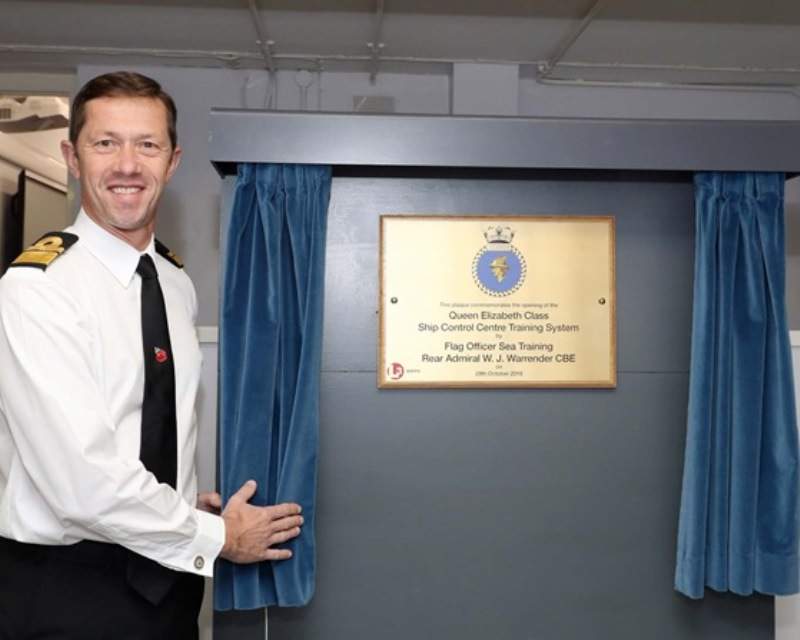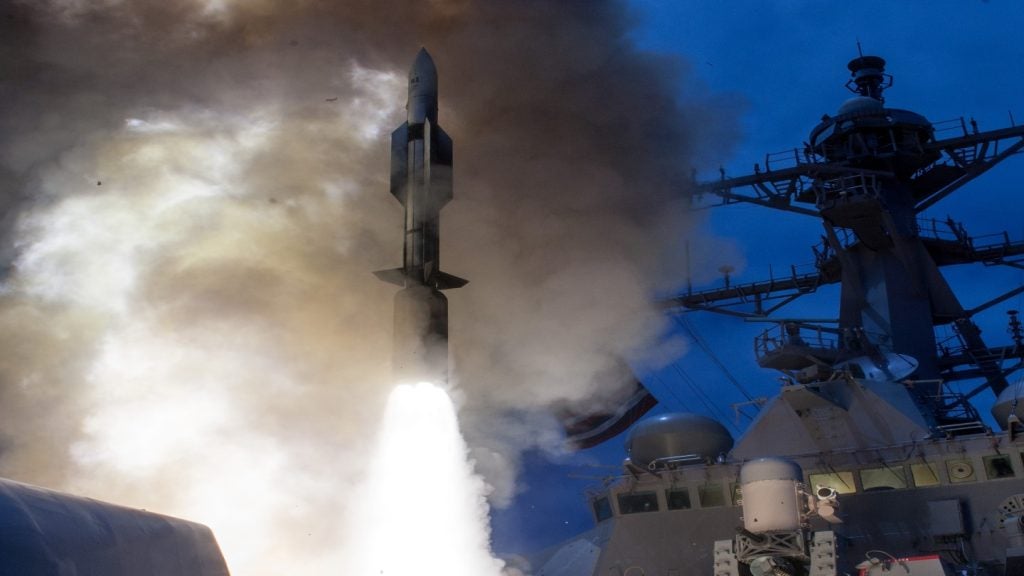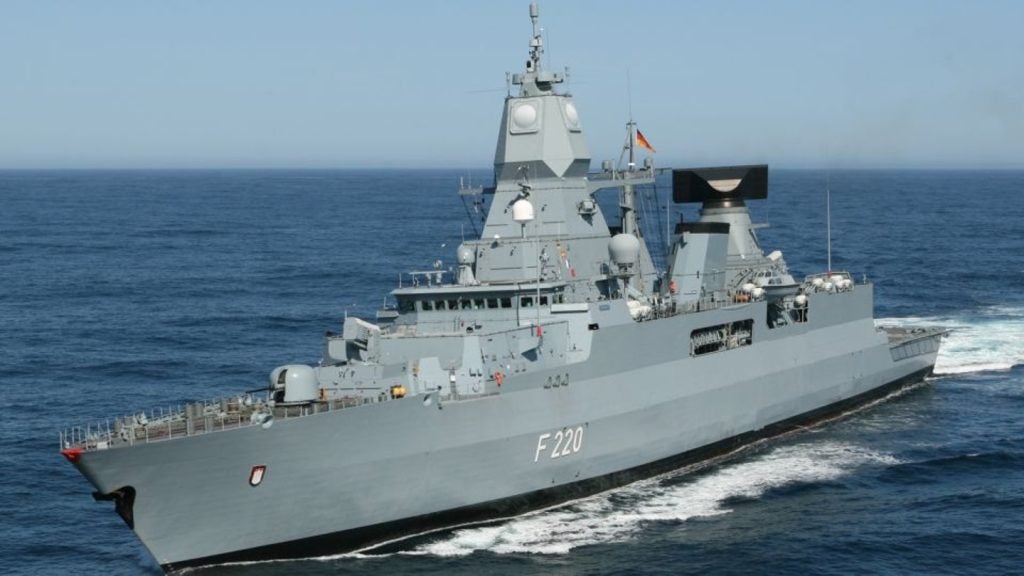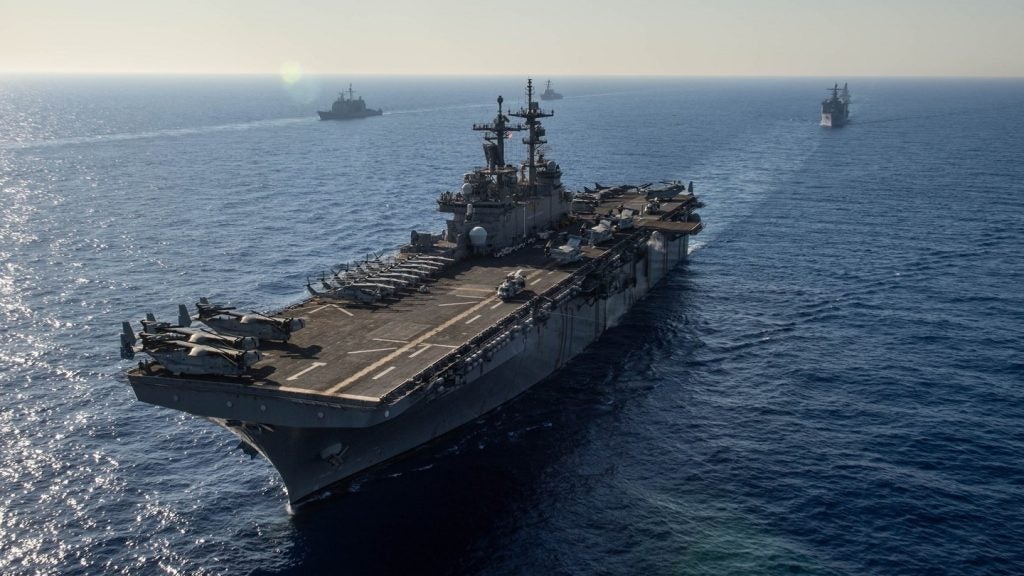
The Royal Navy’s flag officer sea training (FOST) rear admiral Will Warrender CBE has opened the Queen Elizabeth-Class Ship Control Centre Training System (SCCTS) at HMS Sultan, a naval shore base in Gosport, Hampshire, UK.
SCCTS simulates the integrated platform management system on both HMS Queen Elizabeth and Prince of Wales.
This makes it possible for students and ships’ teams to carry out training, which almost matches what personnel would be able to see during the live platform.
Machinery breakdowns and system problems can be replicated almost exactly as a marine engineer would experience on-board.
Training will be conducted for engineering technicians, senior engineering officers in order to analyse their reactions to different situations.
The cost of Royal Navy’s QEC Ships Control Centre simulator is £1.9m, with funds having come from the Aircraft Carrier Alliance as part of the wider QEC training solution.
How well do you really know your competitors?
Access the most comprehensive Company Profiles on the market, powered by GlobalData. Save hours of research. Gain competitive edge.

Thank you!
Your download email will arrive shortly
Not ready to buy yet? Download a free sample
We are confident about the unique quality of our Company Profiles. However, we want you to make the most beneficial decision for your business, so we offer a free sample that you can download by submitting the below form
By GlobalDataThis system was developed in liaison between L3 MAPPS, the Future Training Unit and the Defence College of Technical Training’s Defence School of Marine Engineering (DSMarE) at HMS Sultan.
Royal Navy commander Antony Quinn said: “This new simulator is a fantastic asset for HMS Sultan and part of the never-ending task of making our training modern and relevant.
“It will allow us to ensure that marine Engineers join a carrier with the skills and confidence to be highly effective in their jobs.”
Approved by the first sea lord admiral Sir Philip Jones, the Royal Navy’s SCCTS will feature the name of HERMES, recognising the role of important carriers of the past, with earlier vessels serving in the Second World War and then during the Falklands conflict.







